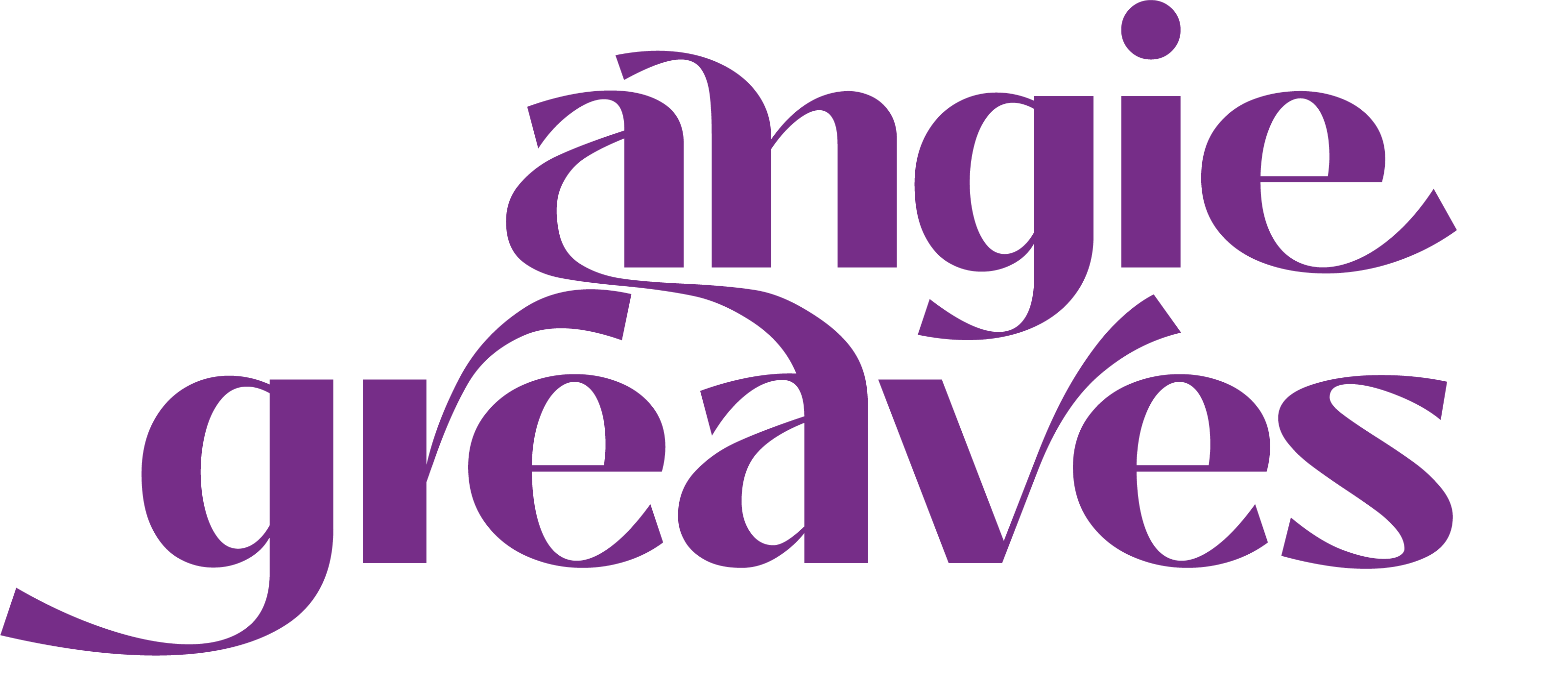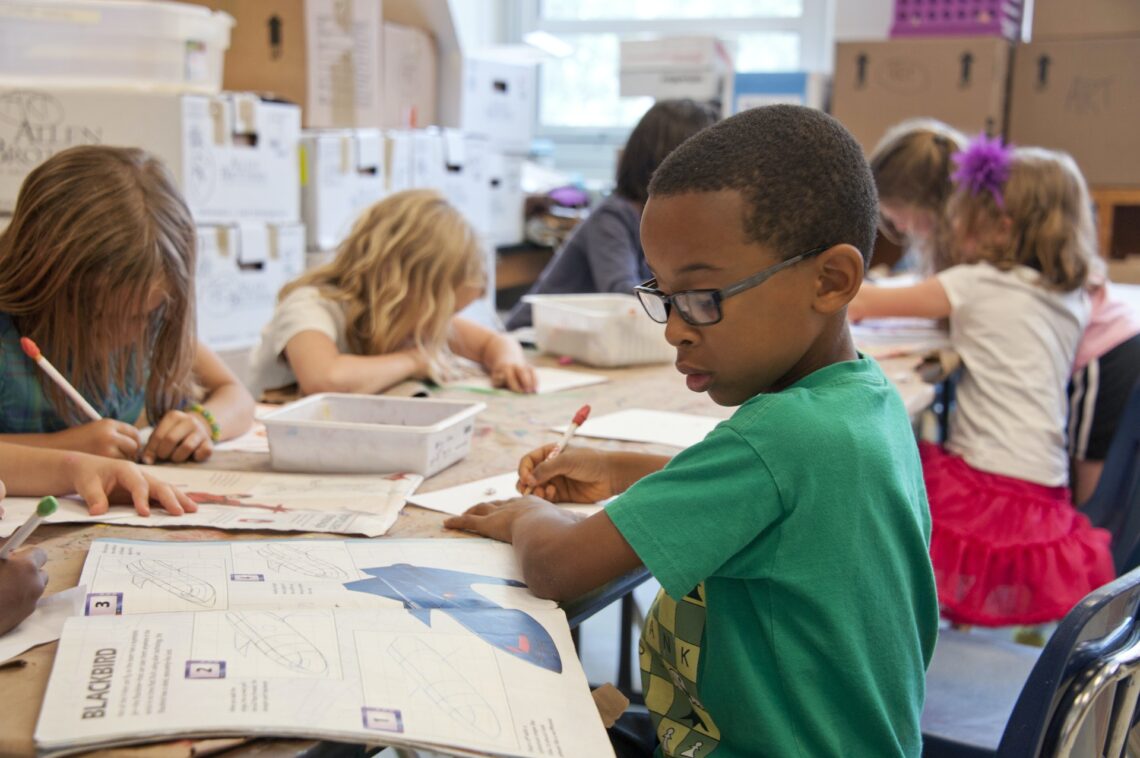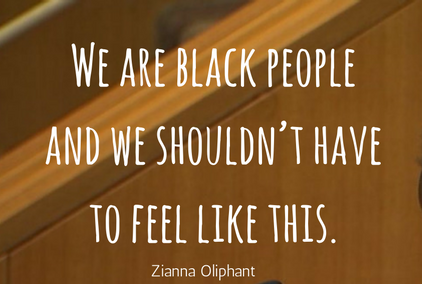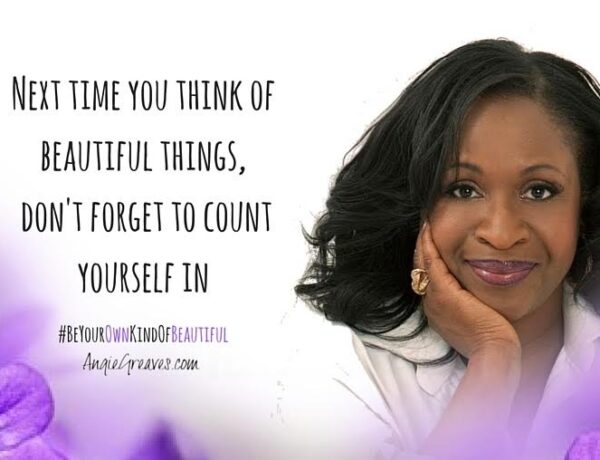Kammie my youngest daughter, always had a passion for Performing Arts. In my mind I felt it was best for her to finish state high school and then move over to a performing arts school. On reaching Year 9 she dug her heels in and was adamant that she wanted to change before starting her GCSE’s as she knew that dance, expressive arts, musical theatre etc were the subjects she wanted to take.

Sometimes we need to listen to our children.
Three weeks into her new Performing Arts school, I receive a call expressing concern for her performance in Maths and am asked if I had ever had her tested for Dyscalculia? Which is Dyslexia but with numbers. It isn’t as well-known as Dyslexia. However, some researchers now think it may be almost as common.
My wonderful daughter could have gone through the whole of her High School days at her previous school receiving weekly detentions due to not completing her homework and having her confidence knocked because the school didn’t spot it. Not okay. So armed with this knowledge I’d like to share our experience and also some action plans that we put in place
 Determine Exactly What Your Child Needs
Determine Exactly What Your Child Needs
Whilst work patterns and time can be challenging parents should take time to assess their child’s needs, compare and get involved in local schools. Do your children do better in a more interactive environment? Do they need nurturing? Are they successful with more structure? Do they do better with ‘hands on’ projects? Does your child need extra instruction in certain areas? Maybe they show a talent in math, science, art, or music that needs to be nurtured.
Only you (and your child) can determine what constitutes a great learning environment. Be honest with yourselves and don’t think that there is something “wrong” with your child if they don’t fit in their current school environment. Not every school is a good fit, one size doesn’t always fit all … and that’s okay. Make a list of what your ideal school would look like. Be specific, you’ll use this later on to match up with the schools you visit.
 Take a school field trip
Take a school field trip
If a school isn’t friendly about allowing you for a visit, that could be a sign of how they’ll respond to you as a parent.
Meet the Head Master/Mistress, teachers and where possible other parents. Check out the art work up on the walls, watch how the teachers and students interact, check out the general energy and how you truly feel when in that environment. Observe a class. Be nosey. It’s completely okay.
This is your child’s future, this is a major platform that your child will start building his/her educational and social skills on and it’s important to feel right. Do NOT feel awkward or weird about investigating. It’s your job.
A sk the right questions (and ask a LOT of them)
sk the right questions (and ask a LOT of them)
Always ask about the school’s expectations for students, and think about whether or not they match what you want for your child. Go back to what you decided your ideal school would be and ask questions that will tell you if this is the one, whether it’s a matter of the school’s hours, cafeteria, foreign language education or sports teams.
Ask questions. A LOT of questions. This is not the time to be accommodating or shy.
- What are the discipline and homework policies?
- How balanced is the curriculum?
- How does the school address social-emotional issues?
- What kind of relationships do the teachers have with students?
- What’s the learning environment like?
- How much homework is there?
- Does the school have a particular philosophy or educational approach?
- How do parents get involved in the school?
- What type of involvement the school wants from parents?
- Is there a support system in place for challenges such as Dyslexia or Dyscalculia?





























